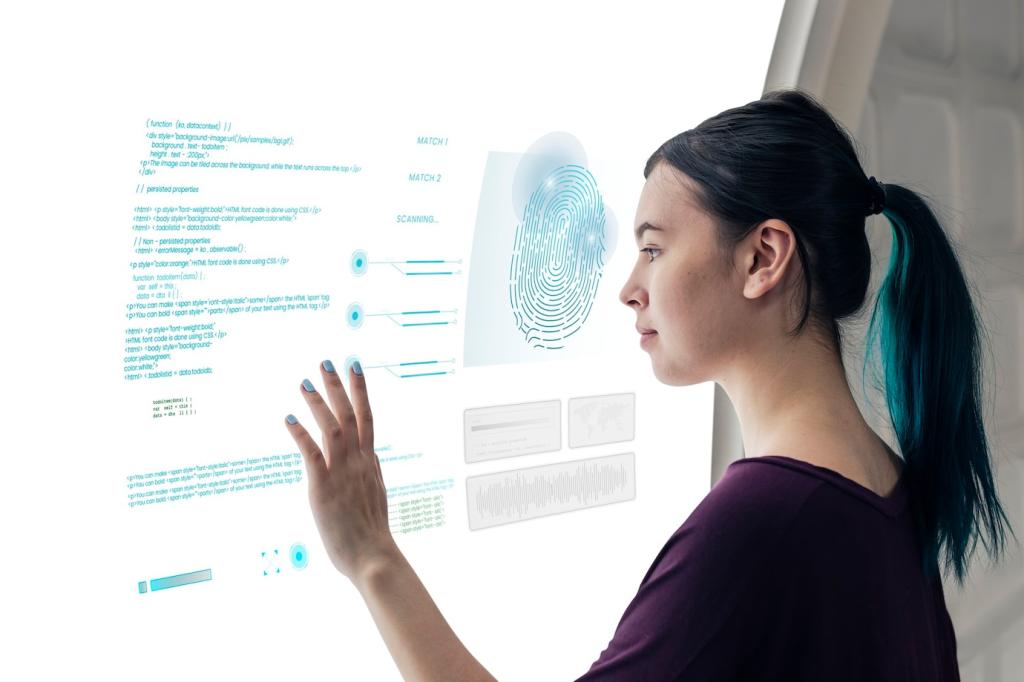
The Impact of Artificial Intelligence on Music Preferences
Artificial intelligence is rapidly transforming how people discover, experience, and interact with music. As algorithms become more sophisticated, they are not only shaping the music industry but also influencing individual tastes and preferences in unprecedented ways. From curated playlists to personalized recommendations and generative composition, AI is redefining the relationship between listeners and the sounds they love. This page explores the multifaceted impact of AI on music preferences, examining both the technology behind the transformation and its wider cultural implications.

The Rise of AI in Music Recommendation
Algorithmic curation has evolved from simple genre-based suggestions to highly personalized music recommendations. Early systems relied mainly on genres or manually assigned tags, but modern AI-powered models now analyze listening history, user behaviors, and even mood indicators. By processing vast amounts of data, these algorithms predict tracks or artists a user is likely to enjoy, refining their recommendations with each listening session. This level of individualization enhances the user experience, making it easier for listeners to explore music that resonates with them on both an emotional and aesthetic level.
Generative Composition and Creativity
The introduction of generative AI tools has unlocked new creative pathways for musicians. These systems can compose melodies, harmonies, and even full tracks by learning from vast datasets of existing music. This expansion of creative possibilities allows both amateur and professional musicians to experiment with novel sounds and styles. While AI-generated compositions may lack the emotional intention of human creators, artists often use them as a foundation for inspiration, collaboration, or unique sonic textures in their work.
Adaptive Soundscapes and Real-Time Customization
AI’s ability to analyze listener preferences has led to the emergence of adaptive soundscapes—music that evolves in real-time based on audience input or environmental factors. For example, workout playlists can adjust their rhythm dynamically to match a runner’s pace, or ambient soundtracks might shift according to user mood detected via wearable devices. This level of real-time customization brings an unprecedented level of engagement, transforming passive listening into an interactive experience that blurs the line between creator and audience.
Democratization of Music Production
AI-powered music creation tools are significantly lowering the barriers to entry for aspiring musicians. Applications that automate mixing, mastering, and even songwriting empower users without extensive training to produce professional-quality tracks. This democratization of music production is reshaping the musical landscape, enabling a broader and more diverse array of voices to be heard. While this raises questions about authenticity and originality, the overall effect is a more inclusive ecosystem where creativity is accessible to all.
Previous slide
Next slide
Societal and Cultural Implications
Shifting Authority in Taste-Making
Historically, taste-making in music was the realm of critics, radio hosts, and community leaders. The rise of algorithmic recommendation has shifted this authority from human experts to automated systems, subtly guiding what large groups of people listen to. While this has democratized access to music, it also means that an individual’s exposure to new songs or genres may be increasingly mediated by unseen machine logic. This shift affects not only what people hear but also their perception of musical value and cultural significance.
Homogenization versus Diversity
There is ongoing debate regarding AI’s impact on musical diversity. Some argue that recommendation algorithms create echo chambers, reinforcing existing preferences and leading to a homogenization of taste. Others contend that AI, by introducing users to niche and global artists outside commercial mainstreams, actually increases exposure to diverse musical expressions. The reality may lie somewhere between, as algorithms seek to balance familiarity with novelty, shaping cultural trends in complex and sometimes unpredictable ways.
Ethical Considerations and Data Privacy
AI personalization in music is built on the collection and analysis of vast amounts of listener data. This reliance raises important ethical questions about privacy, ownership, and consent. Users may not fully understand how their data is being used to influence their listening habits, or how much control they truly possess over algorithm-driven recommendations. As AI becomes further embedded in musical experiences, the industry faces the challenge of balancing personalization, transparency, and respect for user privacy.
